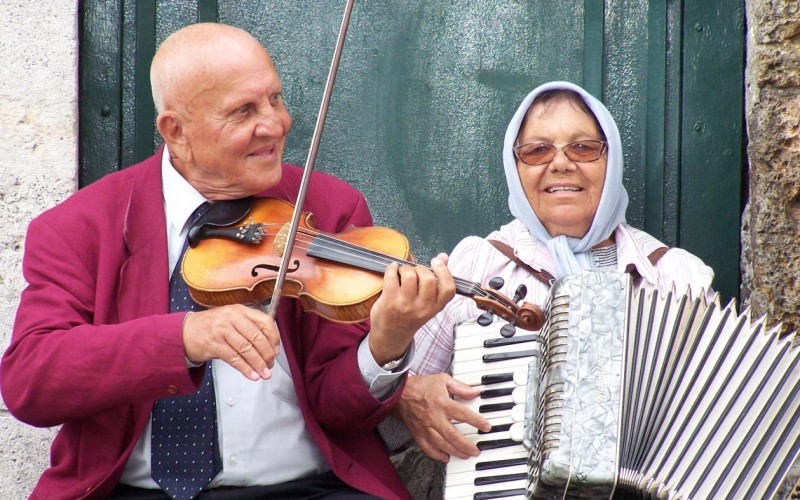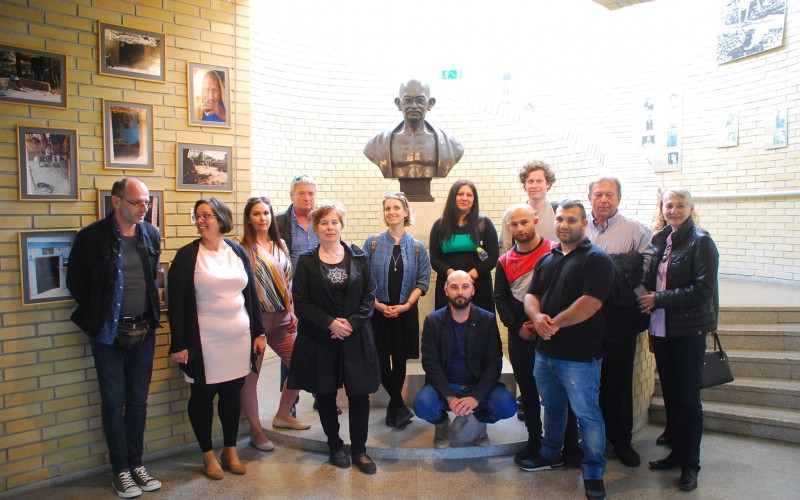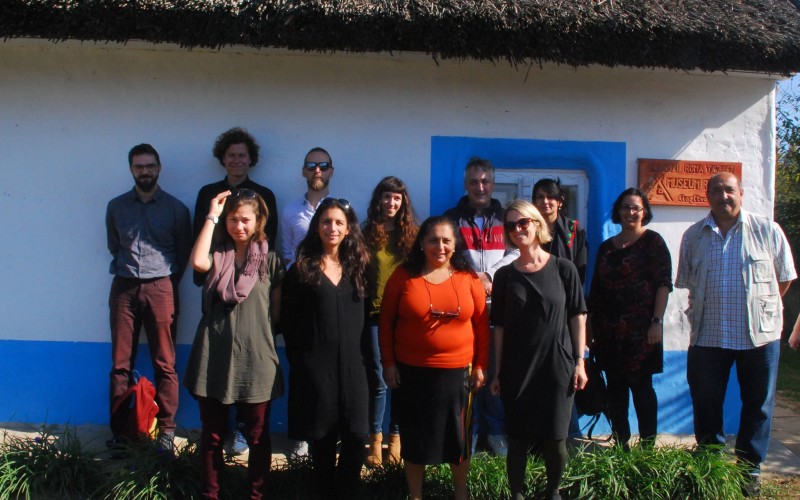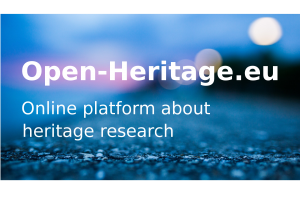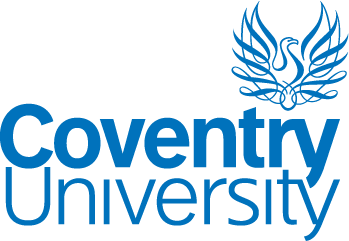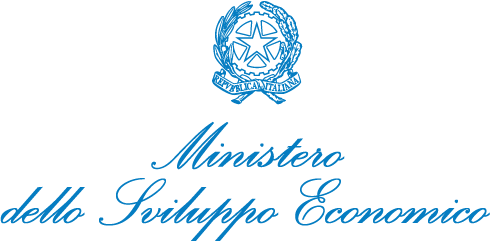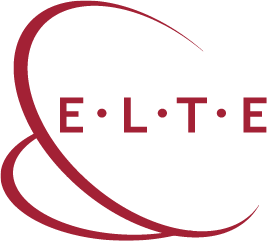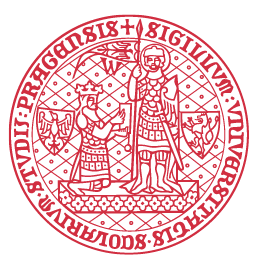This page is available in: Magyar.
Hungary
Task Leader: ELTE (HU)
This pilot focused on the cultural heritage of the largest transnational minority in Europe. Although during the last decades, critical, post-colonial and multicultural heritage studies have been ever more concerned with the heritage of minorities, the canonisation of Roma heritage is still to take place.
The REACH pilot aimed to remedy this and studied thoroughly Roma heritage practices, mostly in Hungary but also in other European countries.
This engagement toward the establishment of Roma minority heritage was also an important step in order to reinforce social inclusion and to create more tolerant, diverse societies in Central Europe.
Specific Activities
The main activities and results of the pilot were:
- the establishment of a network of all institutions, public and private organisations and actors that had a relationship with Roma cultural heritage. From the 20 organisations identified, there were cultural and educational institutions and voluntary structures, including public bodies (regional / local galleries, collections owned and funded by municipalities) and Roma-led NGOs, typically supported by foreign / international grants. Due to the general trend towards weakened and threatened civil organisation, several organisations disappeared during the time of the pilot’s work, therefore, the final list of active stakeholders was relatively restricted.
- visits, meetings and formal / informal discussions, interviews with the local stakeholders in Hungary and in the Czech Republic
- the organisation of the local encounters and main events of the pilot. The local encounters were organised in Budapest, Pécs and Hodász and covered various topics, including the possible linkages of cultural tourism and Roma heritage, intangible Roma cultural heritage practices and the establishment of local Roma history / memory collections in urban context. All events stressed participatory practices and invited a wide range of participants, including university students, volunteers and professionals.
- good examples of participatory practices and social innovation were highlighted in order to prove that despite the present difficulties and the often disadvantageous status of Roma stakeholders, there are successful initiatives (such as the UCCU Roma Informal Educational Foundation or the Independent Theatre) that not only achieve international visibility and recognition but through the active involvement and participation of the community, they also strengthen social inclusion and empowerment.
- REACH activities also examined initiatives where traditional gender roles could be reversed and female entrepreneurship could be established, having a positive impact on the empowerment of Roma women. Roma women’s agency in the preservation and management of cultural heritage was not only found in fields such as gastronomy or cooking that are conventionally associated with women’s work but also in the direction and management of different cultural organisations, at local, national or international level (such as ERIAC in Berlin). In summary, several examples have arisen from the pilot demonstrating how participatory activities could produce stronger impact in terms of community building, social innovation and cohesion. With the attempts to engage and mobilise community members and build connectedness through cultural heritage, the examined practices and initiatives had a unique position in these marginalised communities.
Further detail of the pilot can be found in D5.2 – Minority heritage pilot results
Events
- 19 February 2020, Budapest (Hungary). An interview on the minority heritage pilot
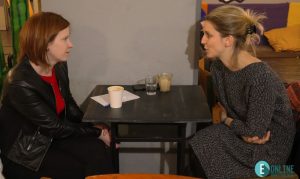 Dr György Eszter interviewed by the E online magazine on the Roma Heritage case study. Read more here
Dr György Eszter interviewed by the E online magazine on the Roma Heritage case study. Read more here
- 14-18 October 2019, Budapest (Hungary). TEMA+ Non-academic Intensive Week.
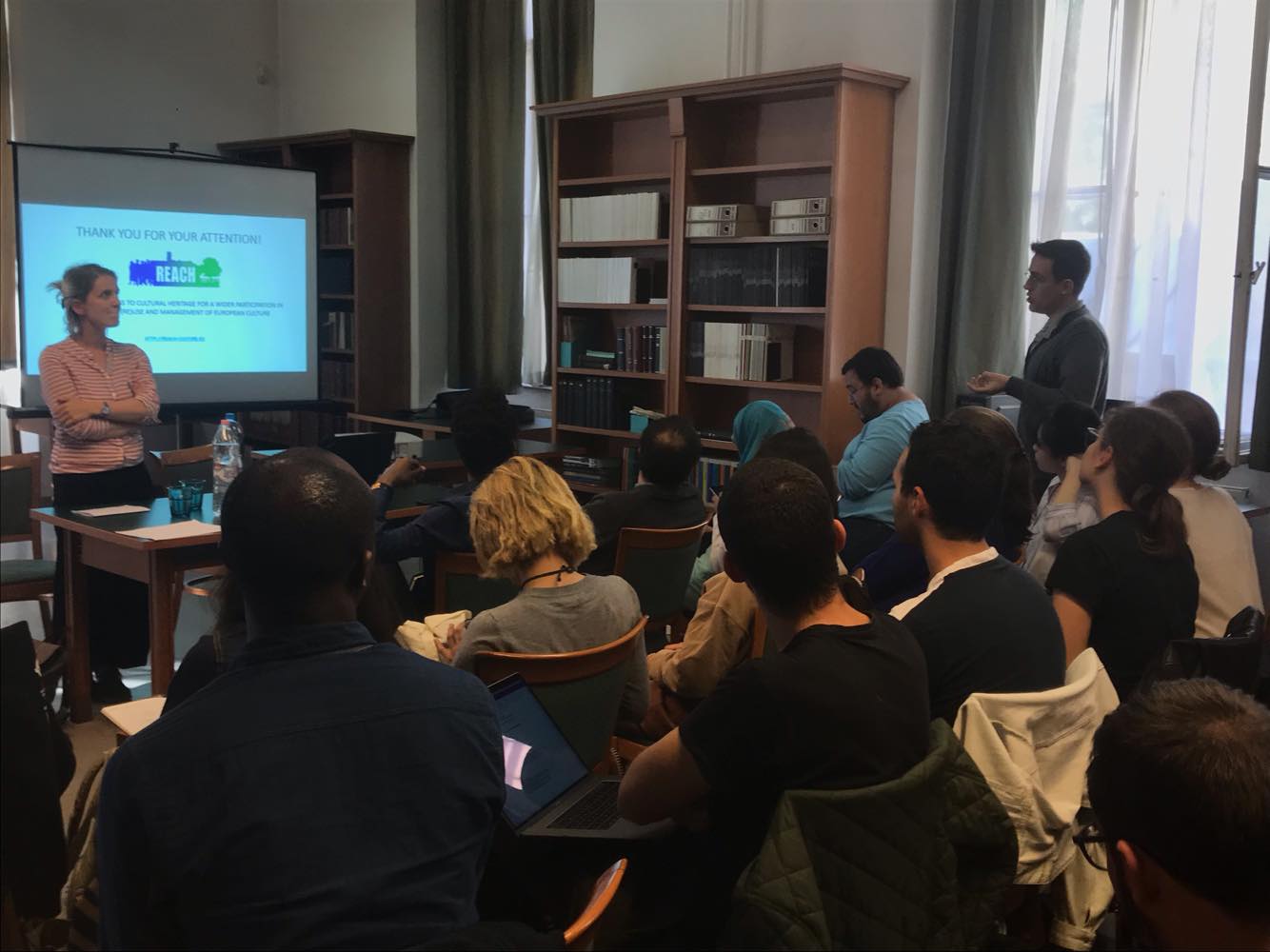 This event, organized by ELTE in cooperation with CEU (Central European University) Cultural Heritage Department, offered an insight into the world of work related to Cultural Heritage. Read more here
This event, organized by ELTE in cooperation with CEU (Central European University) Cultural Heritage Department, offered an insight into the world of work related to Cultural Heritage. Read more here
- 21 May 2019, Pécs (Hungary). Intangible Roma cultural heritage in Hungary – Communities and participation.
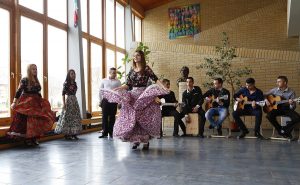 The encounter took place at the Gandhi Secondary School located in Pécs and founded in 1992 by Roma intellectuals; it is the first secondary school in Europe devoted to preparing future Roma intellectuals committed to the cause of the Roma and the continuation of Roma language and culture. Read more here.
The encounter took place at the Gandhi Secondary School located in Pécs and founded in 1992 by Roma intellectuals; it is the first secondary school in Europe devoted to preparing future Roma intellectuals committed to the cause of the Roma and the continuation of Roma language and culture. Read more here.
- 10 April 2019 Újpest, Budapest (Hungary). Interview with Mr. István Gábor Molnár (Roma Local History Collection)
 Dr. György Eszter (ELTE) made an interview with István Gábor Molnár, president of Roma Minority Self-Government, Újpest; founder and director of the Roma Local History collection. (https://ujpestiroma.hu/)
Dr. György Eszter (ELTE) made an interview with István Gábor Molnár, president of Roma Minority Self-Government, Újpest; founder and director of the Roma Local History collection. (https://ujpestiroma.hu/)
- 12 February 2019, Budapest (Hungary). The Roma heritage of the 8th district (Josefstadt).
 This conference was organized by ELTE together with CH Master students; the REACH partners and many local actors from the 8th district took part. The event was accompanied by a small photographic exhibition.
This conference was organized by ELTE together with CH Master students; the REACH partners and many local actors from the 8th district took part. The event was accompanied by a small photographic exhibition.
- 09 October 2018, Hodász (Hungary). Workshop "Preservation, re-use and management of Roma cultural Heritage".
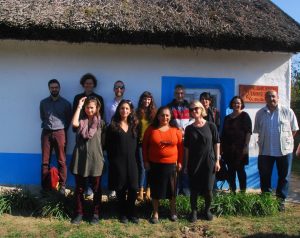 The aim of this workshop was to discover what participatory tools and methods are available to preserve, re-interpret and manage the Hungarian Roma cultural heritage, also in order to sustain it for the younger generations. The encounter was hosted by Roma Country House that is not only undertaking an eminent role in preserving the Roma traditions but also in local community-building.
The aim of this workshop was to discover what participatory tools and methods are available to preserve, re-interpret and manage the Hungarian Roma cultural heritage, also in order to sustain it for the younger generations. The encounter was hosted by Roma Country House that is not only undertaking an eminent role in preserving the Roma traditions but also in local community-building. - Further information: outcomes, other
- 20 June 2018, Budapest (Hungary). Introductory meeting of Roma heritageproject of 8th district, Budapest.

ELTE University headed this first meeting aimed to launch the idea of a Roma local heritage collection in the 8th district of Budapest and to introduce potential actors to each other, outlining the first objectives related to the implementation of the minority heritage pilot.

